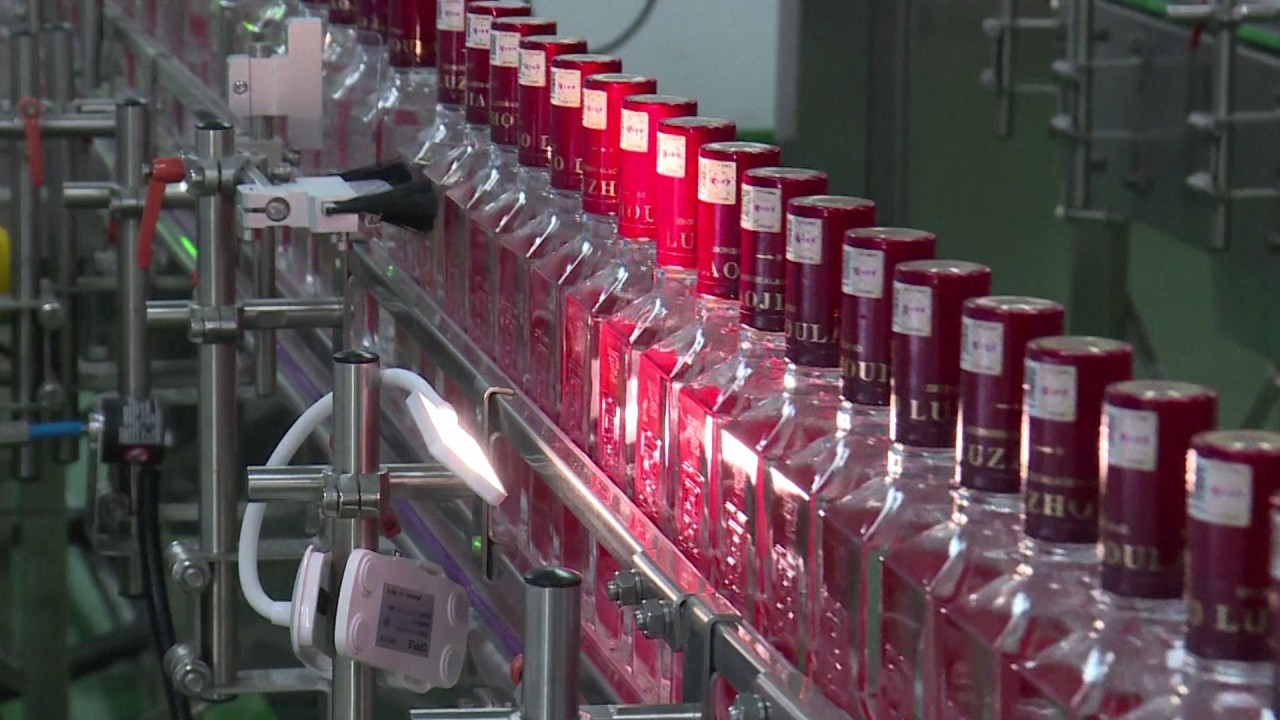
Can microwaves speed up an age-old Chinese liquor process?
- A team of scientists say they have found a way to cut the maturation time for baijiu from years to minutes
- The method is simple and can be scaled up for commercial production, they say
A research team in China say they can rapidly accelerate the ageing process of Chinese liquor, achieving in minutes what would otherwise take at least two years to do.
And the equipment to do it can be found in almost any kitchen: a glass jar, timer, thermometer and microwave.
But it is undrinkable in its raw state and needs to mature for more than two years to allow the chemicals to break down, blend and stabilise.
Liu Jianxue and colleagues at the Henan Engineering Research Centre of Food Material said the ageing process could be accelerated by exposing the liquid to moderate levels of microwave radiation (500 watts) for 80 minutes while keeping the temperature in a jar to 45 degrees Celsius.
In a paper published in the Journal of Nuclear Agricultural Sciences, a domestic peer-reviewed journal, on February 7, the team said the composition of the microwave-aged liquor’s volatile compounds, which determined the fragrance and lingering taste, was almost the same as that produced by natural ageing.
Mao Zedong’s favourite tipple has another first in its sights
Rapid ageing is a controversial topic in distilling. Hobbyists have experimented with a range of methods to speed up the process, including microwave technology, heating, pressurisation and nuclear radiation.
Only a small number of commercial brands had adopted the practice in production so far due to the uncertainty of the technology.
Liu’s team said the parameters reported in their paper (500 watts, 80 minutes, 45-degrees) were based on years of experiments and could be used commercially.
“This is an optimised method … that can be used in large-scale production,” they said.
The Chinese liquor industry has reached a production bottleneck, as rising incomes have expanded demand for the top-shelf product. About 4 billion litres of the liquor is consumed each year.
But increasing baijiu production proved difficult due to the ageing process.
“It takes two to five years. This process is not only extremely slow but causes other problems such as leaks and [there is a lack of] storage space,” said Liu in the paper.
The rapid ageing technology would likely increase the scale and reduce the cost of production significantly, according to the researchers.
1959 bottle of Mao-tai could fetch US$250,000 at Christie’s auction
Liu’s team could not be reached for comment, but they said in the paper that they were seeking an official rating of their product from sommeliers.
In a study in September by researchers at the Sichuan Institute of Atomic Energy in Chengdu, blind tasting by professional wine experts indicated that artificially aged Chinese liquor tasted almost the same as that aged naturally.
Another study by Tsinghua University professor Cai Zhipeng and colleagues in October found that combining different physical interventions such as microwaves and magnetic fields could produce better results.
But whether Chinese consumers would buy the technology remains unclear.
“I don’t think microwave baijiu is a good idea,” said Li Xuebin, a Beijing resident and fan of Mao-tai.
“I won’t be drinking at all.”


